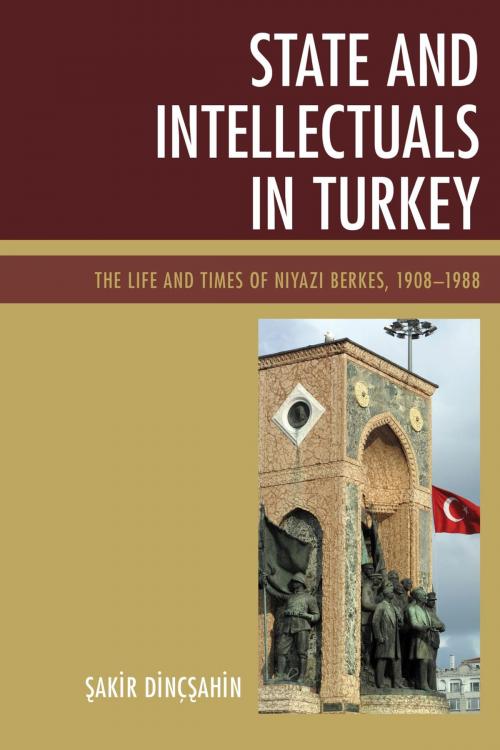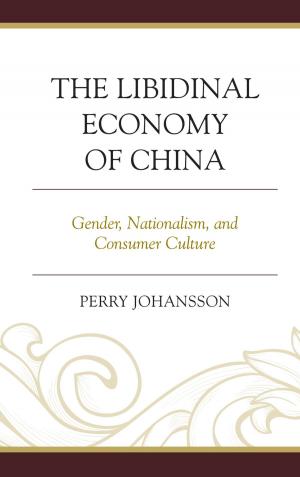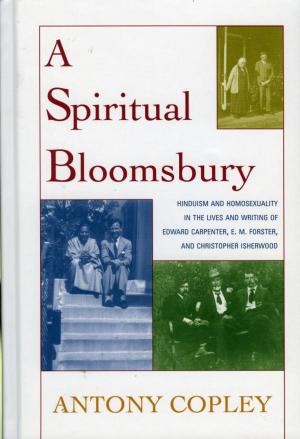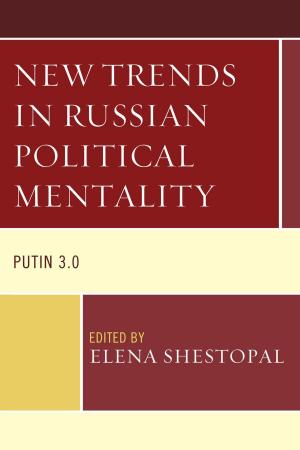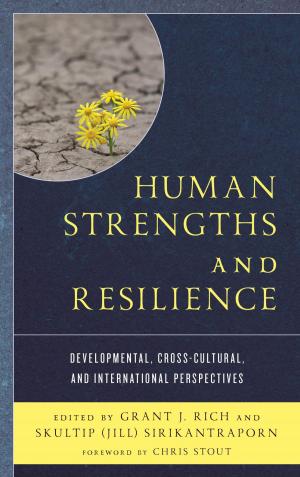State and Intellectuals in Turkey
The Life and Times of Niyazi Berkes, 1908–1988
Nonfiction, History, Eastern Europe, Middle East, Social & Cultural Studies, Political Science, Politics, History & Theory| Author: | Sakir Dincsahin | ISBN: | 9780739191323 |
| Publisher: | Lexington Books | Publication: | September 17, 2015 |
| Imprint: | Lexington Books | Language: | English |
| Author: | Sakir Dincsahin |
| ISBN: | 9780739191323 |
| Publisher: | Lexington Books |
| Publication: | September 17, 2015 |
| Imprint: | Lexington Books |
| Language: | English |
Niyazi Berkes (1908–1988) was among the most prominent figures in Turkish political thought in the Republican period. He was the author of several masterpieces that broke fresh ground in the fields of Turkish politics and history. Berkes not only witnessed political history, on several occasions he was influential in shaping Turkish identity during his long life, which began in Cyprus, where he was born in 1908, and concluded with his death in Britain in 1988. In fact, the Young Turk Revolution (1908), the War of Independence (1919–1922), the reforms of Kemal Atatürk (1923–1938), the construction of a Kemalist ideology and its transformation during the Second World War (1939–1944), and the Cold War (1945–1989) are some of the weighty matters of Turkish history that were a part of his life story. Berkes’s political and intellectual biography thus affords a unique vantage point from which this book studies both Turkish political thought and examines the interplay between political history and an intellectual biography. This book also sheds light on recent political developments in contemporary Turkey, suggesting that the challenges to inculcate the democratic vision that originated in Berkes’s lifetime still continue today.
Niyazi Berkes (1908–1988) was among the most prominent figures in Turkish political thought in the Republican period. He was the author of several masterpieces that broke fresh ground in the fields of Turkish politics and history. Berkes not only witnessed political history, on several occasions he was influential in shaping Turkish identity during his long life, which began in Cyprus, where he was born in 1908, and concluded with his death in Britain in 1988. In fact, the Young Turk Revolution (1908), the War of Independence (1919–1922), the reforms of Kemal Atatürk (1923–1938), the construction of a Kemalist ideology and its transformation during the Second World War (1939–1944), and the Cold War (1945–1989) are some of the weighty matters of Turkish history that were a part of his life story. Berkes’s political and intellectual biography thus affords a unique vantage point from which this book studies both Turkish political thought and examines the interplay between political history and an intellectual biography. This book also sheds light on recent political developments in contemporary Turkey, suggesting that the challenges to inculcate the democratic vision that originated in Berkes’s lifetime still continue today.
